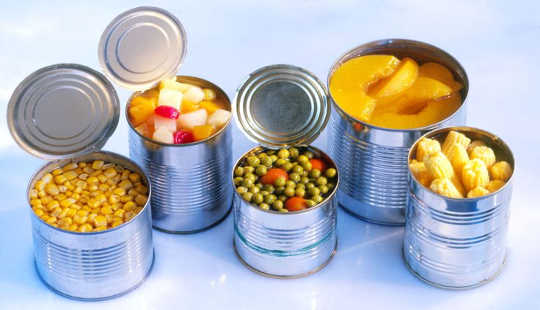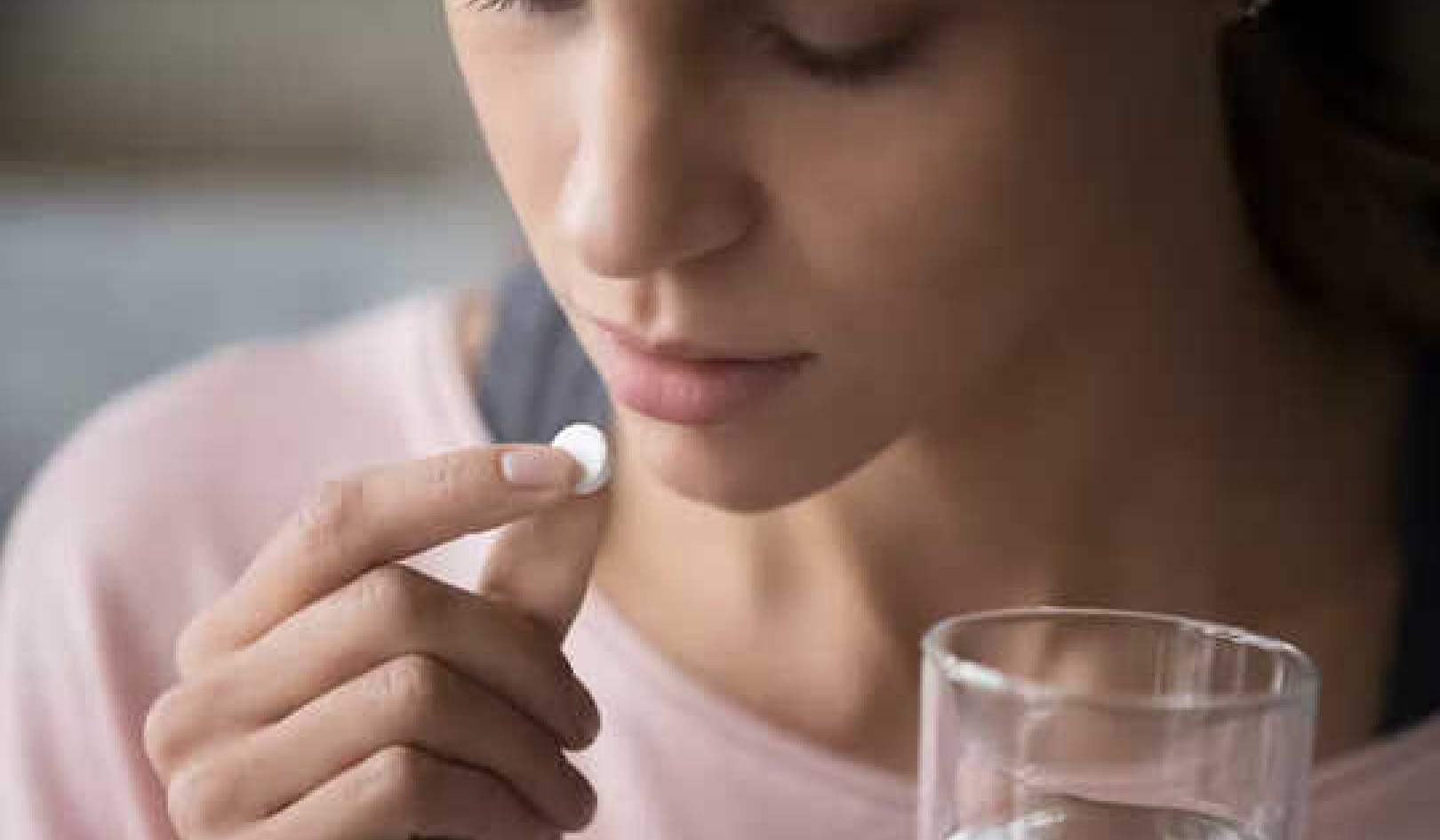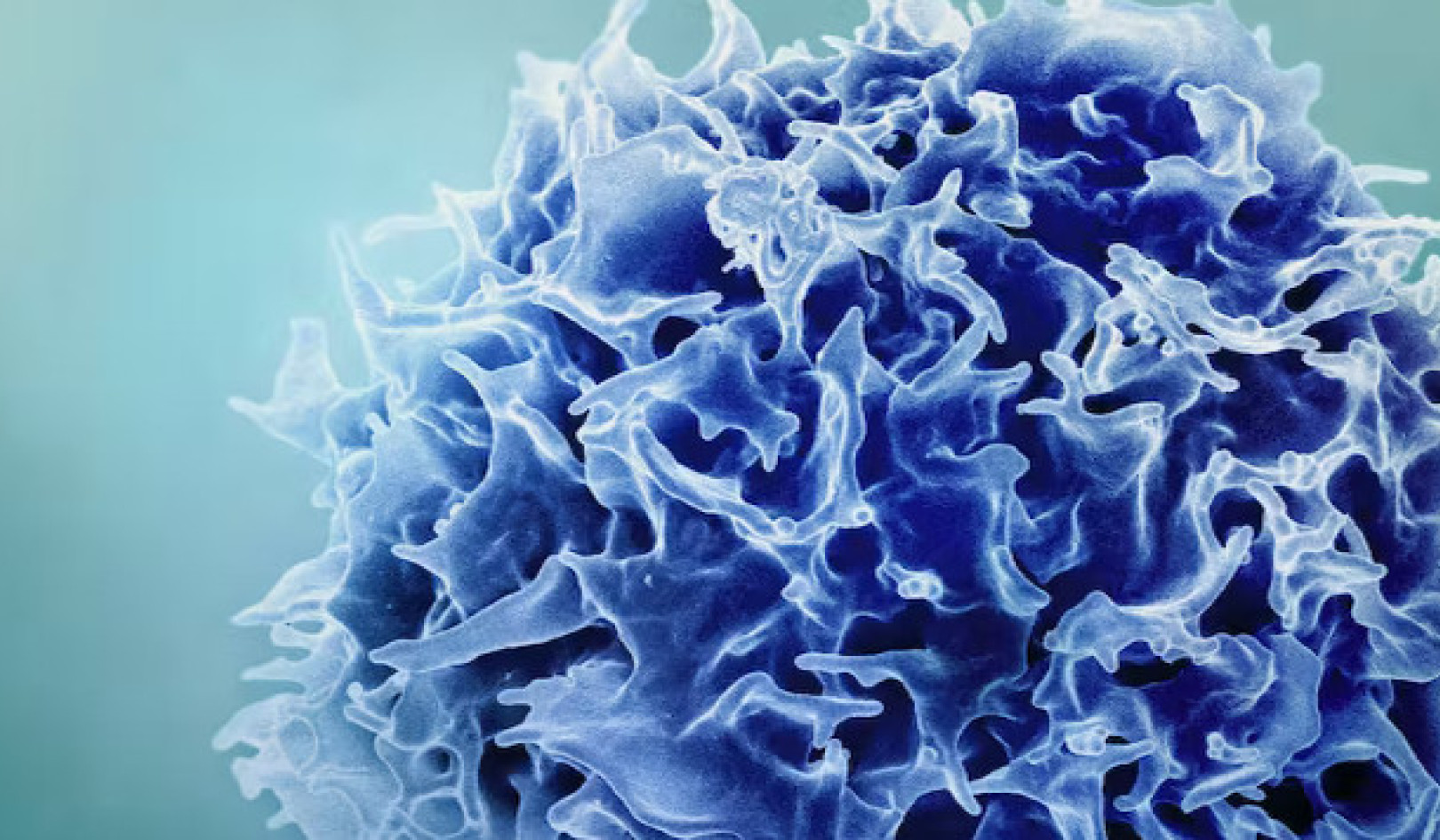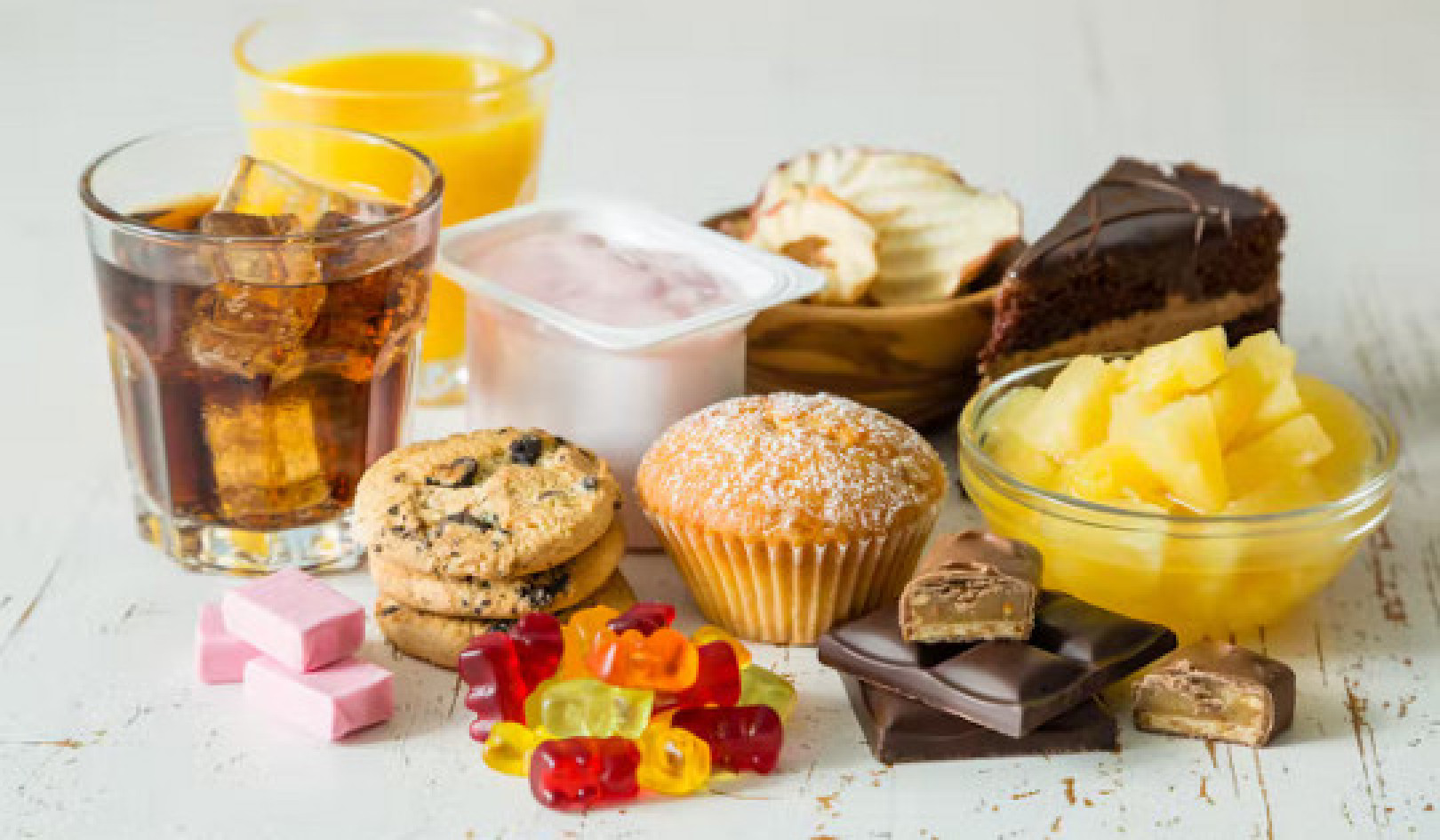
A new study backs up concerns about exposure to the chemical Bisphenol A, or BPA, from food cans and jar lids.
The chemical can disrupt hormones and is linked to a range of health problems. California has listed BPA as a female reproductive toxicant, and the US Food and Drug Administration (FDA) has restricted its use in some products.
The worst offenders (in descending order): canned soup, canned pasta, and canned vegetables and fruit.
Researchers analyzed both dietary sources of BPA contamination and BPA levels in the urine of thousands of people who recently consumed canned food.
They found that canned food was associated with higher urinary BPA concentrations. The more canned food consumed, the higher the BPA.
Particular kinds of canned food were associated with higher urinary BPA concentrations. The worst offenders (in descending order): canned soup, canned pasta, and canned vegetables and fruit.
The study, published in Environmental Research, highlights the challenges consumers face in trying to limit their exposure to BPA, a compound used to make, among other things, resins that coat the inside of food cans and jar lids.
“I could eat three cans of peaches, and you could eat one can of cream of mushroom soup and have a greater exposure to BPA,” says lead author Jennifer Hartle, a postdoctoral researcher at the Stanford Prevention Research Center.
A previous study led by Hartle found that children, who are especially susceptible to hormone disruption from BPA, are at risk from school meals that often come from cans and other packaging. This uptick in packaging is a result of schools’ efforts to streamline food preparation and meet federal nutrition standards while keeping costs low.
In 2015, Hartle met with members of Congress who are working on regulating BPA in food packaging.
The FDA is still working to “answer key questions and clarify uncertainties about BPA,” according to the agency’s website.
“The FDA no longer allows BPA to be used in baby bottles, sippy cups, and liquid infant formula canned linings, and many food and beverage companies are moving away from the use of BPA,” Hartle says. “However, we do not know if synthetic BPA replacements are safe either.”
The researchers suggest that federal regulators expand testing beyond BPA to other chemicals used as BPA replacements in food packaging, none of which are included in national monitoring studies.
Source: Stanford University
Related Books
at

Thanks for visiting InnerSelf.com, where there are 20,000+ life-altering articles promoting "New Attitudes and New Possibilities." All articles are translated into 30+ languages. Subscribe to InnerSelf Magazine, published weekly, and Marie T Russell's Daily Inspiration. InnerSelf Magazine has been published since 1985.

Thanks for visiting InnerSelf.com, where there are 20,000+ life-altering articles promoting "New Attitudes and New Possibilities." All articles are translated into 30+ languages. Subscribe to InnerSelf Magazine, published weekly, and Marie T Russell's Daily Inspiration. InnerSelf Magazine has been published since 1985.


























